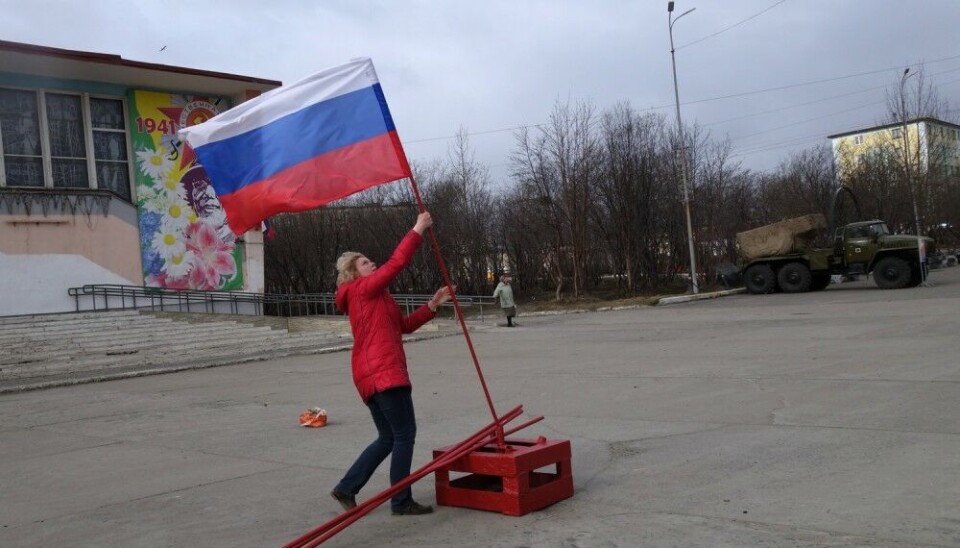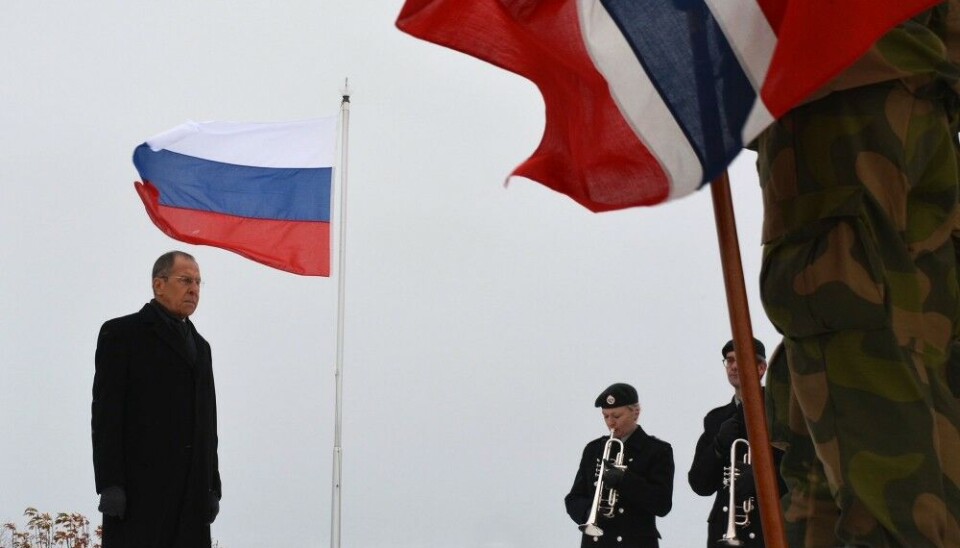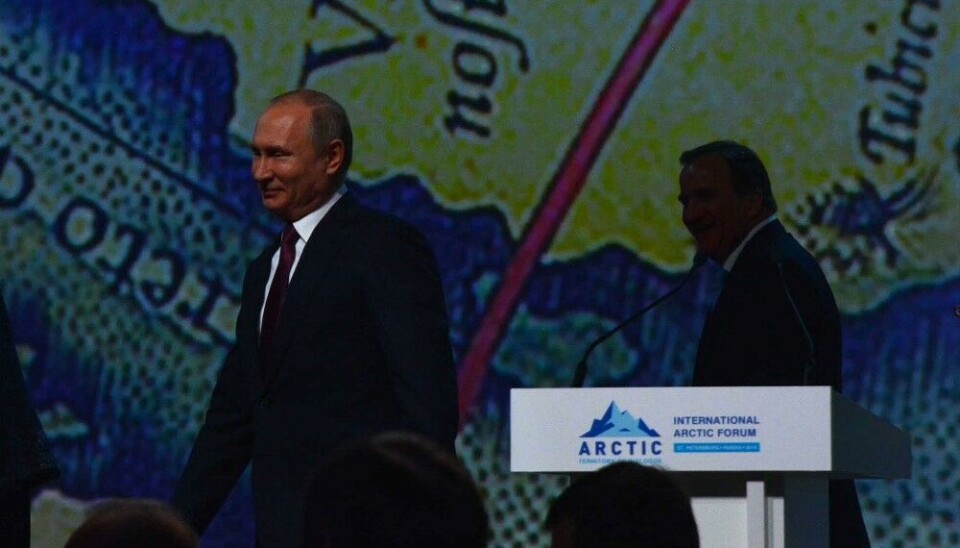
Russia's revised foreign policy document aims at "neutralization" of unfriendly action in Arctic
The new strategy paper reflects an assertive country in search of new friends.
Russia’s place in the world has changed fundamentally since the country adopted its last Foreign Policy Framework Policy in 2016. Back then, Russia was still a big power esteemed in many European capitals, despite the recent annexation of the Crimea and the incursions in Donbas.
Several of the key policy priorities highlighted in 2016 are no longer on the table. The new document presents a bitter and lone Russia in search of new partners.
The document elaborated by Sergei Lavrov’s Foreign Ministry ignores the country’s responsibility for the war in Ukraine and its subsequent isolation in international affairs. Russia only wants peace, Lavrov’s policymakers argue.

“The foreign policy of Russia has a peace-loving, open, predictable, consistent, pragmatic character based on respect for the commonly recognized principles and norms of international law and strive towards equal rights and international cooperation aimed at solving joint tasks and promotion of common interests,” the document reads.
According to the paper, Russia is not only a country, but a “civilization” and the center of a “Russian world” (russky mir).
It also reiterates Moscow’s mantra about the need for a “multipolar world,” and describes a conflict between the West’s “destructive neo-liberal ideology” and Russia’s “traditional moral values.”
The policy line is reflected also in the section about the Arctic, which no longer includes any mention of international cooperation structures like the Arctic Council and the Barents Euro-Arctic Council. Instead, there is a higher stress on conflict issues. According to the document, foreign powers are actively encroaching on Russian sovereignty in the region.

A priority for Russia is to “neutralize unfriendly countries’ militaristic policy in the region and their suppression of Russia’s possibilities to develop its own sovereign rights in the Arctic zone of the Russian Federation,” it reads.
The document also includes an invitation to non-Arctic states that have a “constructive policy towards Russia,” and specifically highlights the possibility to take part in the development of the Northern Sea Route.
The foreign policy document is adopted just two weeks after Chinese Communist Party leader Xi Jinping visited Moscow. In his meeting with Vladimir Putin, the Arctic was among the issues discussed, and the Northern Sea Route was highlighted as a prospective field of cooperation.
According to a transcript from the meeting, Russia and China agreed to establish a joint body where they will look at ways to develop the Arctic shipping route.
The contrast to the foreign policy document of 2016 is striking. In the 2016 version, the Northern Sea Route was described exclusively as a national transport route without any mention of foreign partners.
Also climate and environment are fields where the two versions significantly differ. The revised version repeatedly warns against “politizisation” of international climate efforts and environmental protection. Climate issues tend to be used to promote dishonest competition, encroachment of countries’ internal affairs and constraints of their sovereignty over natural resources, it reads.
Interestingly, the new document also includes a section about “falsification of history,” as well as one on efforts to counter “anti-Russian propaganda” and disinformation from “unfriendly countries.”
According to the foreign policy framework document, it must be a priority to propagate “truthful information about the role and place of Russia in world history and the formation of a just world order.”















